Lawrence Lessig
Nascimento : 1961-06-03, Rapid City, South Dakota, U.S.
História
From Wikipedia, the free encyclopedia.
Lawrence "Larry" Lessig (born June 3, 1961) is an American academic and political activist. He is best known as a proponent of reduced legal restrictions on copyright, trademark, and radio frequency spectrum, particularly in technology applications.
He is a director of the Edmond J. Safra Foundation Center for Ethics at Harvard University and a professor of law at Harvard Law School. Prior to rejoining Harvard, he was a professor of law at Stanford Law School and founder of its Center for Internet and Society. Lessig is a founding board member of Creative Commons, a board member of the Software Freedom Law Center, an advisory board member of the Sunlight Foundation and a former board member of the Electronic Frontier Foundation.
Description above from the Wikipedia article Lawrence Lessig licensed under CC-BY-SA, full list of contributors on Wikipedia.
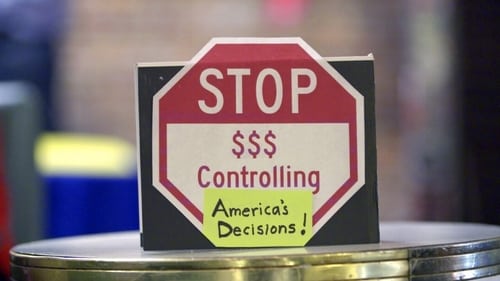
Self - Law Professor
In the United States of America, lobbyists, corporations and billionaires invest millions of dollars to ensure that a suitable candidate, one inclined to support their personal ambitions and economic projects, wins an election, which inevitably affects everything, from the selection of local officials to presidential elections, creates countless conflicts of interest and undermines what supposedly used to be a model democracy.
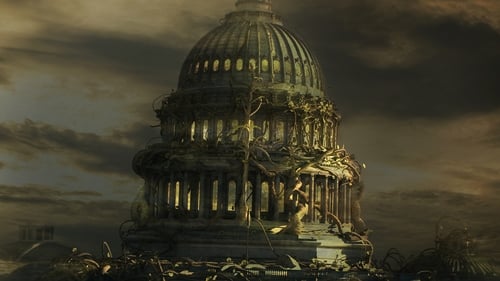
Self
Os congressistas republicanos Matt Gaetz, Thomas Massie e Ken Buck demonstram domínio de um sistema que recompensa a captação de recursos.
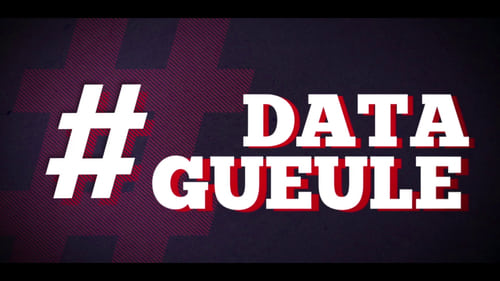
A year ago, thanks to the precious support of 7819 people, we started a journey in democracy (s). Over the weeks and months, according to meetings, exchanges and readings, we questioned this strange word: democracy. In France but also in Greece, Iceland, Belgium and Spain, we met citizens who are working to insert more democracy in their daily lives. Here is, in 90 minutes, the result of this adventure to try to grasp what this word contains.
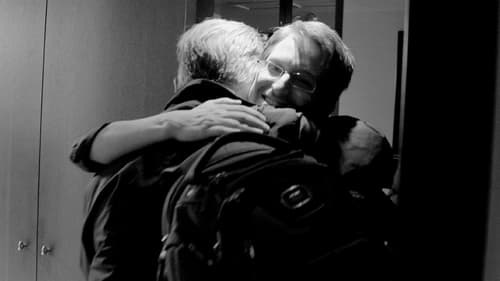
Self - Law Professor
Moscow, Russia, December 2016. Edward Snowden, Larry Lessig and Birgitta Jónsdóttir meet for the first time in a secret place. Apparently, Russia is interfering in the US presidential elections while it mourns the death of its ambassador to Turkey. Snowden carefully chooses his interviews, so nobody really knows something about him. As the world prepares for Christmas, they gather to discuss the only issue that matters, their common struggle: how to save democracy.
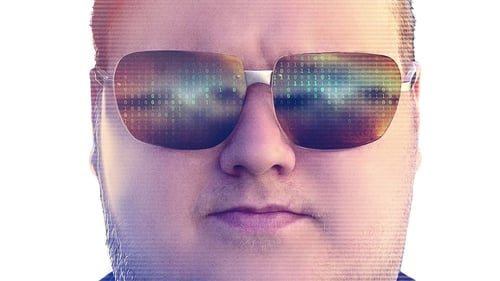
Himself
A história de Kim Dotcom, o homem mais procurado online. A batalha de Dotcom com o governo dos EUA e a indústria do entretenimento, que foi trabada na nova Zelândia, nos leva a questões da era digital como propriedade, privacidade e pirataria. A verdade por traz desse enorme caso de direitos autorais.

Himself
This Internet is under attack. Communications, culture, free speech, innovation, and democracy are all up for grabs. Will the Internet be dominated by a few powerful interests? Or will citizens rise up to protect it?
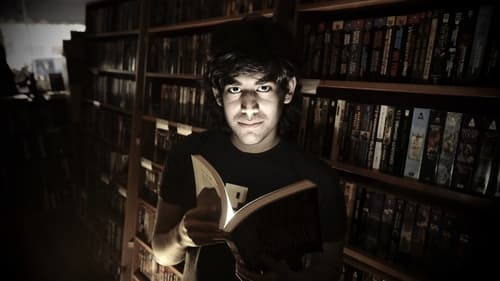
Self
A trajetória de Aaron Swartz desde o auxílio no progresso do protocolo RSS a cofundação do Reddit. O rastro de Aaron está por toda internet. Seu modo de trabalho fez com que o governo dos EUA o envolvesse em uma batalha judicial que, futuramente, seria responsável pelo fim de sua vida.
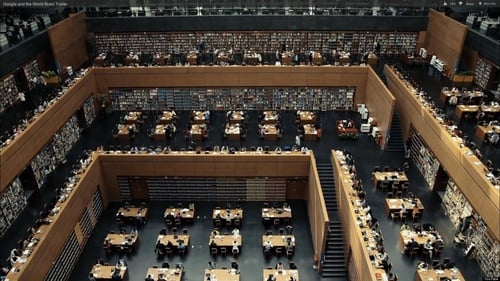
Himself
O Google em 2002 tentou implementar um dos projetos mais ambiciosos da história da internet: escanear todos os livros existentes para criar uma livraria virtual , projeto previsto por HG Wells em 1937 e chamado de "World Brain". Porém, existem outras intenções além da preservação de todo o conhecimento registrado pela humanidade... Durante os escaneamentos, os escritores e editores entraram com ações para parar a ação de escaneamento da Google, alegando direitos autorais.
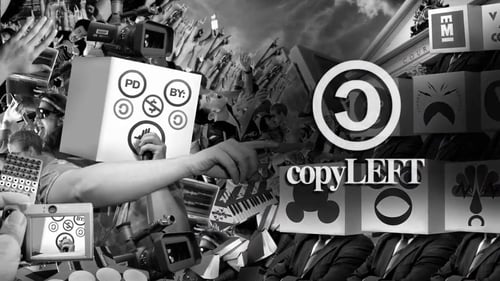
Himself
RiP!: A Remix Manifesto is a 2008 open source documentary film about the "the changing concept of copyright" directed by Brett Gaylor.

Self
In 1998, university professor Kembrew McLeod (Associate Professor of Communication Studies at the University of Iowa) trademarked the phrase "freedom of expression" - a startling comment on the way that intellectual property law restricts creativity and expression of ideas. This provocative and amusing documentary explores the battles being waged in courts, classrooms, museums, film studios, and the Internet over control of our cultural commons. Based on McLeod's award-winning book of the same title, Freedom of Expression charts the many successful attempts to push back this assault by overzealous copyright holders. Freedom of Expression is an essential tool for educators, activists, filmmakers, students, artists, librarians, and more.

Himself
Directors Twila Raftu and Shaun Cronin explore the controversial issue of free data exchange and the growing impact of copyright legislation, intellectual property laws and digital rights management from the viewpoint of those dedicated to the unregulated flow of creative products and information. Advocates of "free culture," including Xbox hacker Andrew "Bunnie" Huang and underground rapper Adam "Doseone" Drucker, offer opinions and commentary.
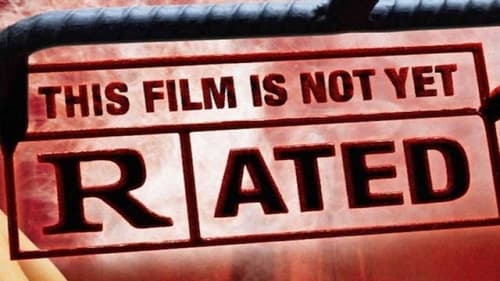
Self - Copyright Attorney and Author
Kirby Dick's provocative documentary investigates the secretive and inconsistent process by which the Motion Picture Association of America rates films, revealing the organization's underhanded efforts to control culture. Dick questions whether certain studios get preferential treatment and exposes the discrepancies in how the MPAA views sex and violence.












